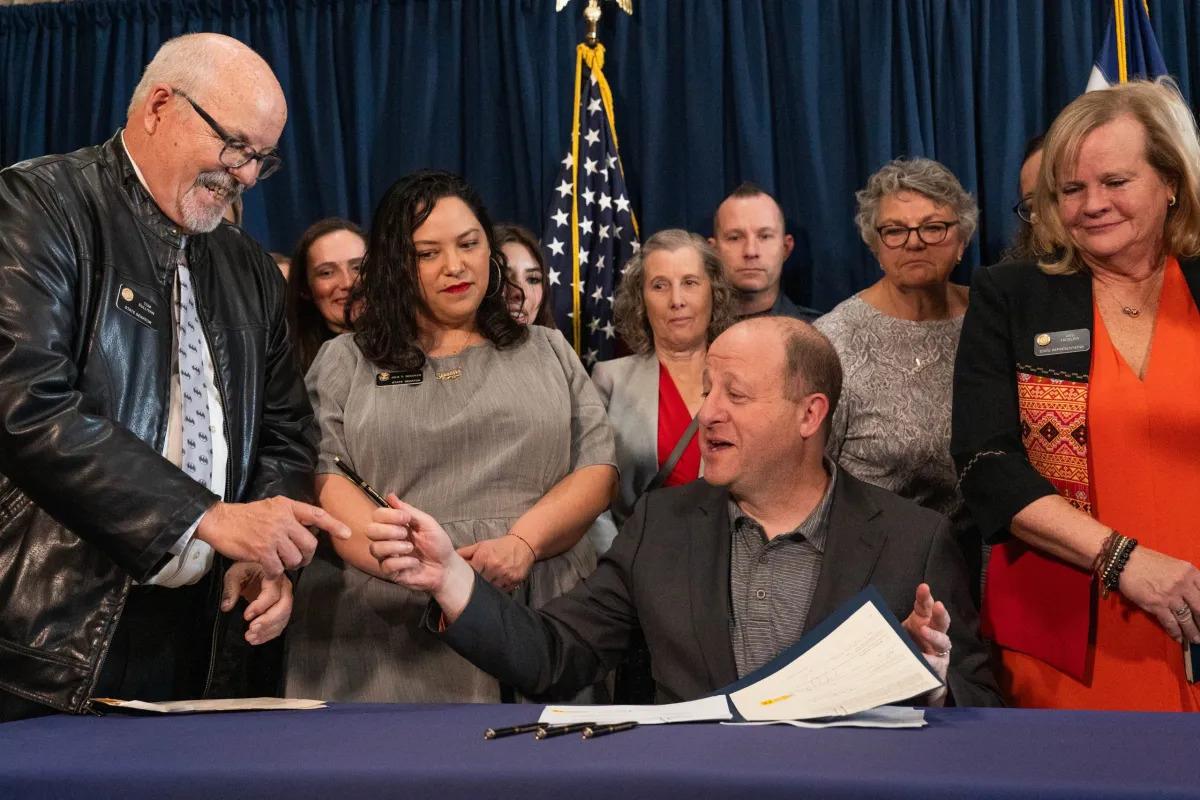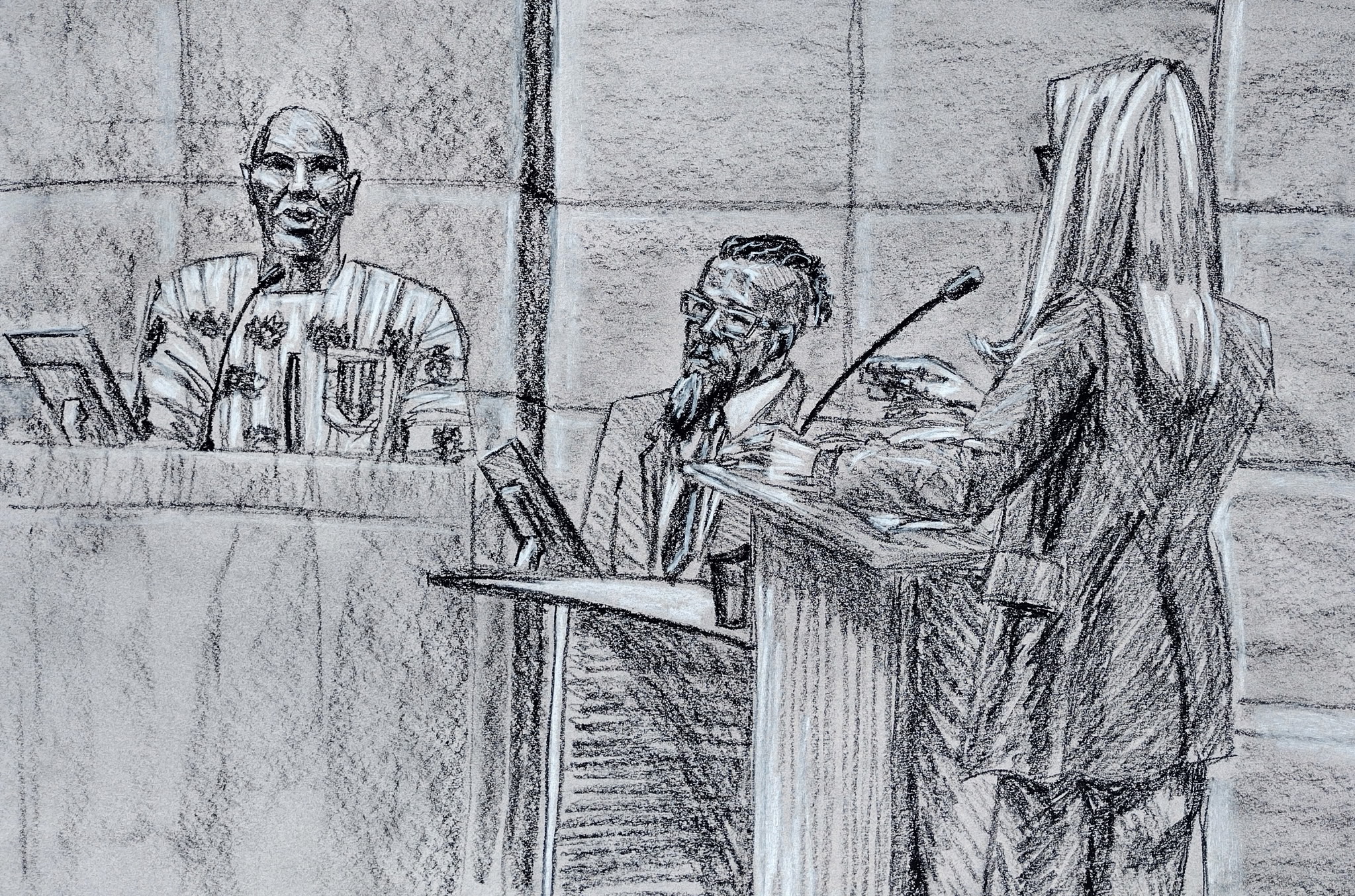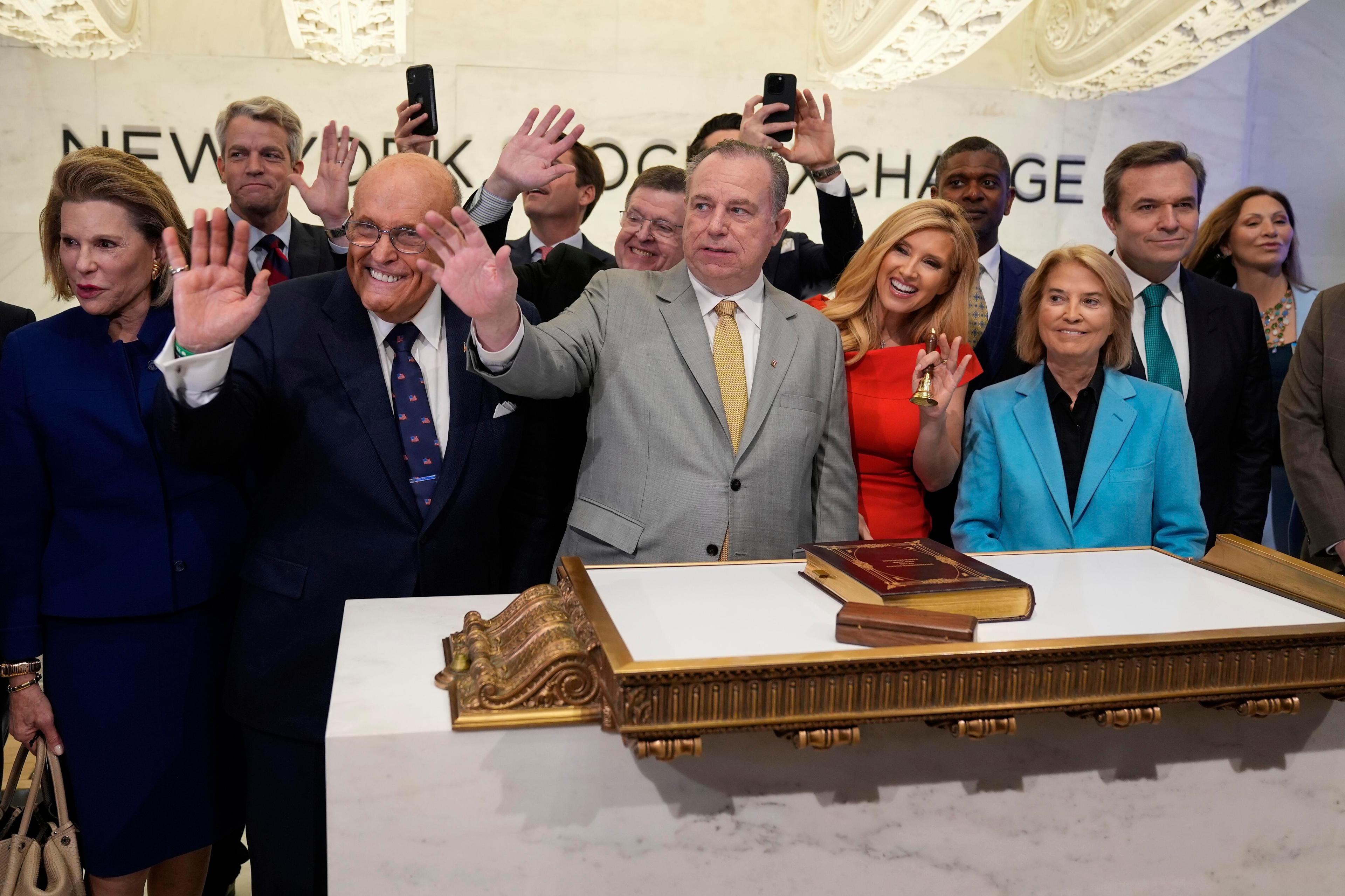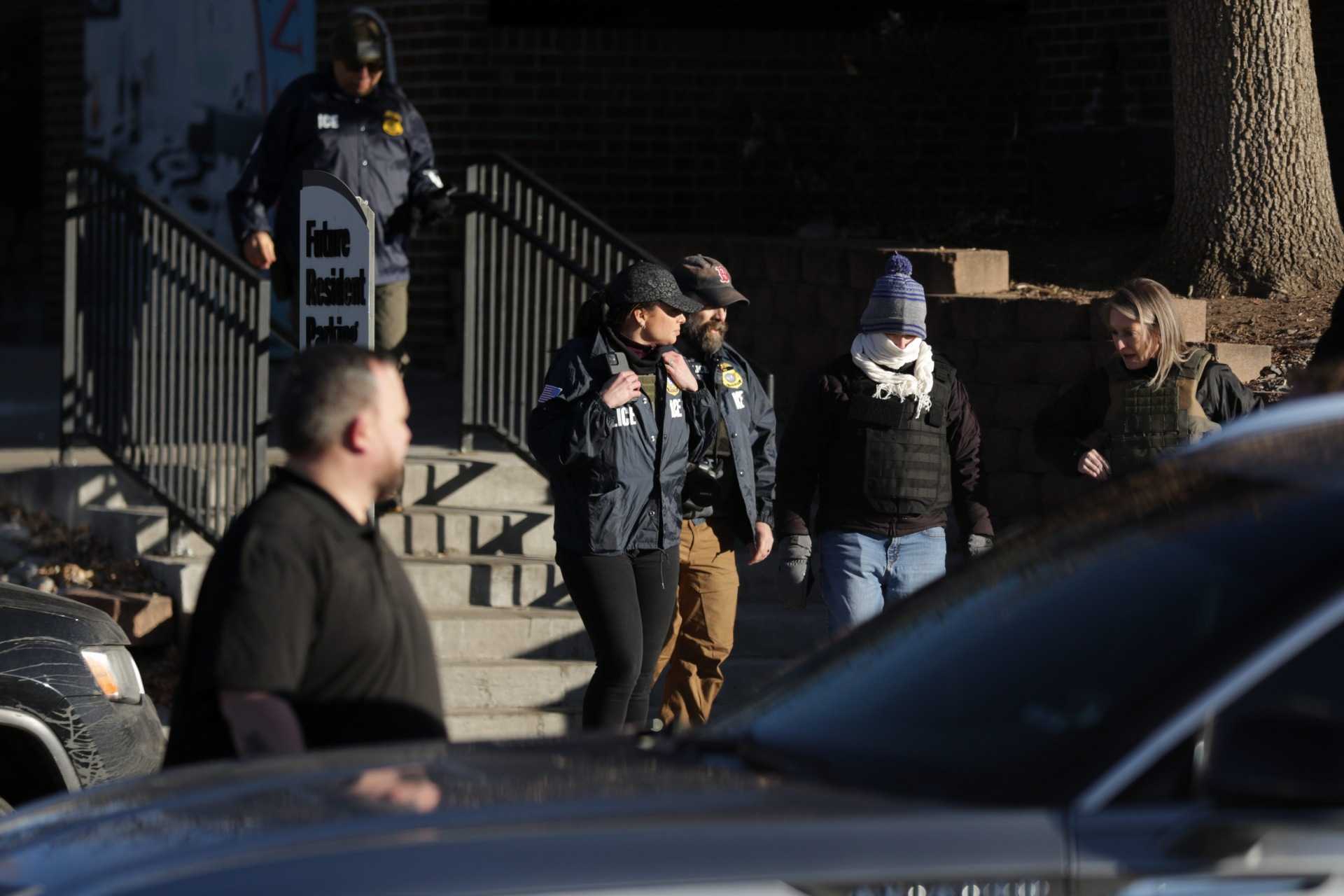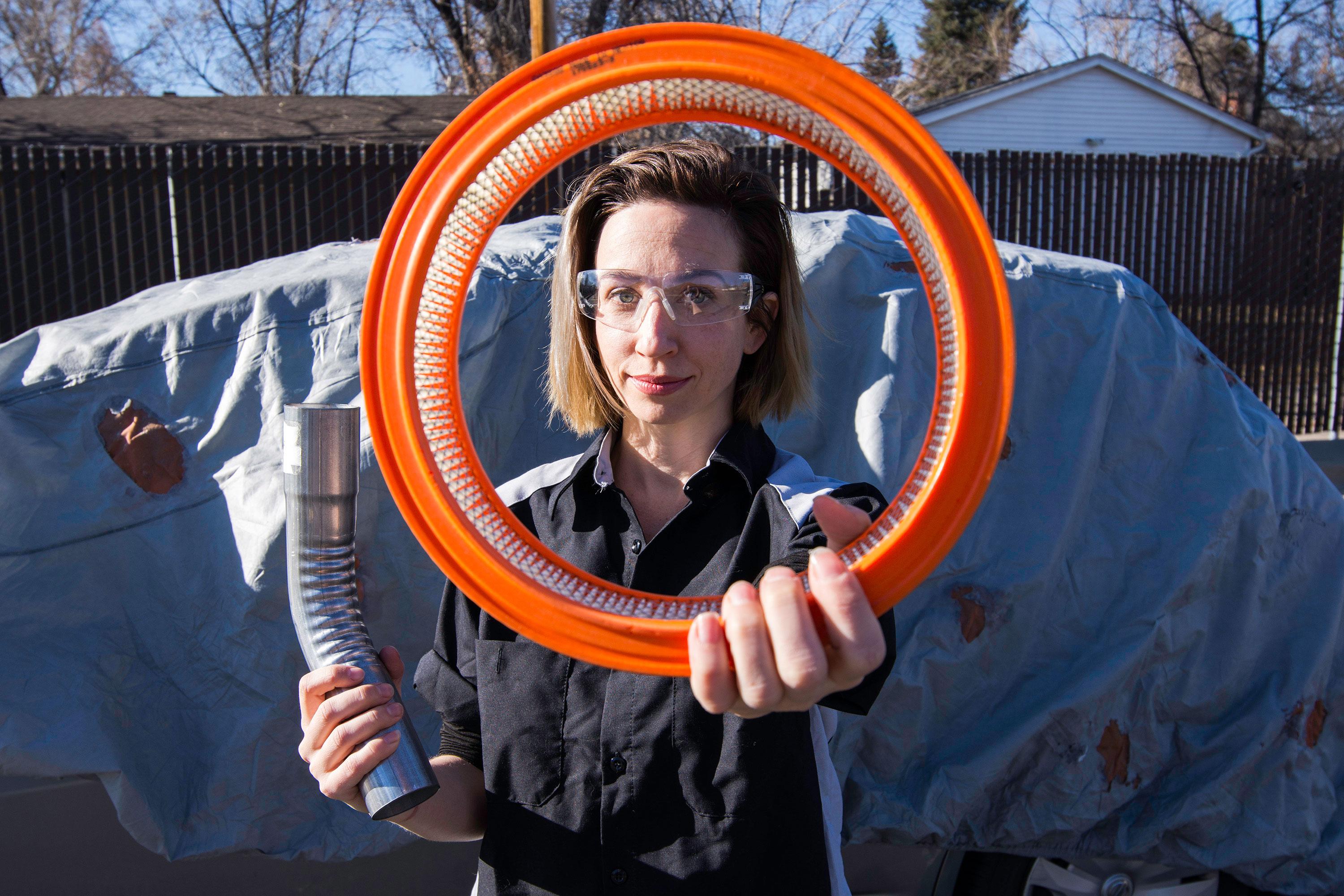

The kind of car you drive says a lot about you. If you don't own a car, that says something too.
That's the idea behind a series of contemporary art exhibitions curated by Black Cube.
“The car's relationship, in the U.S. especially, to freedom, identity and economy are really important ideas," says Black Cube’s executive director Cortney Lane Stell.
Plus, cars have inspired a lot of memorable art, from Cadillac Ranch in Texas to the Artocade parade in Trinidad, Colorado.
Black Cube styles itself as a “nomadic contemporary art museum.” The nonprofit takes art to places you might not expect. In the art world, the term “white cube” describes traditional spaces like museums and commercial galleries. Black Cube takes things outside, putting art in places like Red Rocks Amphitheatre and the 16th Street Mall. Their “Drive-In” series takes place in different locations, from a dirt lot to the inside of an industrial building.
Stell hopes the pop-up exhibitions inspire us to think about the role cars play in our own lives and the impacts on things like energy, the environment and technology.
“Denver has been growing like crazy, and we’ve all felt it on the roads,” Stell says. “Cities are planned around roads and buildings are built around the number of parking spaces they can fit, so it’s something that has a very heavy hand in our society.”
Twelve Colorado artists will participate in Black Cube’s second “Drive-In” exhibition.
Alicia Ordal
Alicia Ordal isn’t a mechanic, but she looks the part for her performance piece. Ordal’s actual day job is in tech support, and she uses her car as an escape.
“Because I’m around people all day, and there’s people in the break room, it’s hard to find a space where you can just relax and get some time by yourself,” she says. “My car has been the easiest spot for that.”
On her lunch breaks, the Denver artist often retreats to her sedan and listens to autonomous sensory meridian response, or ASMR, videos to decompress. For the exhibition, Ordal will cover her car and transform it into a meditative space by recreating these sounds live with the help of other artists.
"I'll be using different car parts, scratching them or tapping them,” she says. “That's usually how people create these sounds that make your brain feel like it’s getting massaged or getting tingles."

Don Fodness
Growing up, Don Fodness spent summers on his dad’s farm in Minnesota, surrounded by corn, cattle and motorcycles. In fact, Fodness’ dad gifted him a 100cc motorcycle before he was even born. It needed repairs, and the hope was they’d work on it together.
They did, but Fodness went on to become an artist and never got the motorcycle up and running. The bike has been on his mind a lot, as his dad battles bone cancer. So Fodness decided to incorporate the motorcycle into his art.
“When my dad was a young adult, he took a motorcycle ride inspired by the movie ‘Easy Rider’ with my uncle,” he says. "For me, this piece is partly about the way individuals break free from their upbringing or their parents’ identities for them."
Fodness uses a lot of found objects in his art. During the exhibition, he will disassemble the motorcycle to use some of the parts for different sculptures.

Kahlil Cezanne Zawadi
Kahlil Cezanne Zawadi doesn't own a car because he’s never really needed one. He worked as a bike messenger in Denver for six years and then moved to New York City. Now that he's back in Colorado, he still prefers his bicycle.
His sculpture speaks to how others use their cars to make statements through a battery powered, child-sized white BMW convertible.
"This is kind of embodying a child’s dream and the representation of power, money and respect that comes with an automobile that not everybody gets to enjoy," he says.
Cezanne Zawadi also drew inspiration from a recent This American Life segment about the General Lee from the popular TV show “The Dukes of Hazzard” — which he watched growing up.
"As a child, I was so invested in this show, and there was no real thought into the Confederate flag,” he says. “But it wasn’t for me.”
That’s because his mom is black, while his dad is white. With his piece, Cezanne Zawadi plays with the idea of movement as double entendre. We use cars to move around, but many people also use their cars to support social and political movements.
His kid’s car, decked out with a range of vinyl stickers and decals he's created, like a Confederate flag and a Black Lives Matter logo, “is more representative of a broader identity out there,” he says.
Black Cube hosts “Drive-In: Car Culture” at 2925 South Umatilla Street, Englewood on Saturday, Dec. 16, 2017.

